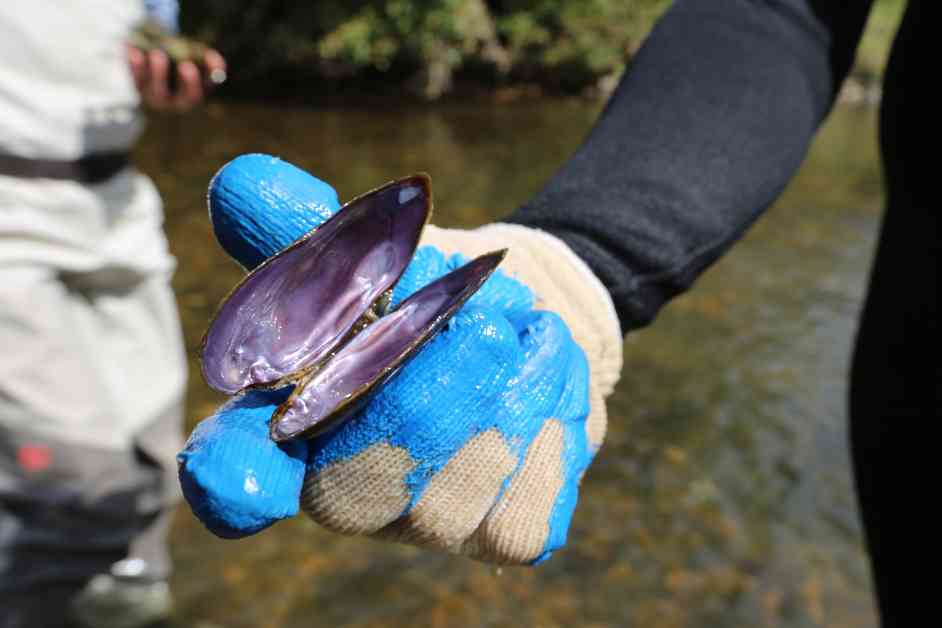Study Reveals Radium Contamination in Pennsylvania Freshwater Mussels
Freshwater mussels in Pennsylvania are facing a new threat that could have far-reaching implications for public health and the ecosystem. A recent study conducted by scientists at Penn State University has uncovered elevated levels of radium in the soft tissue of freshwater mussels near a waste treatment facility in Franklin, Pennsylvania. This contamination is believed to be linked to oil and gas wastewater discharged into the Allegheny River, potentially impacting the food chain of local wildlife, including bald eagles and muskrats.
Impact on the Environment and Public Health
The study’s findings shed light on the consequences of the fracking boom in Pennsylvania, with researchers noting a significant increase in radioactivity in the sediment downstream from waste treatment facilities. The discharge of contaminated wastewater has left a lasting legacy of pollution that poses risks to both the environment and human health. Despite efforts to mitigate the impacts of fracking wastewater, the contamination persists, highlighting the challenges of addressing industrial pollution effectively.
Concerns for Wildlife and Ecosystem Health
The presence of radium in freshwater mussels’ soft tissue raises concerns about bioaccumulation and potential health risks up the trophic food chain. The study suggests that muskrats, which rely on freshwater mussels as a food source, may already be experiencing the effects of radioactivity exposure. Additionally, the decline of native mussel populations due to pollution from various sources, including fracking wastewater, underscores the fragility of Pennsylvania’s ecosystem and the urgent need for conservation efforts.
Call for Further Research and Action
While the study provides valuable insights into the impact of radium contamination on freshwater mussels and wildlife in Pennsylvania, more research is needed to fully understand the long-term consequences of this pollution. The findings underscore the importance of addressing industrial pollution and implementing effective measures to protect the environment and public health. As we navigate the complex challenges posed by industrial activities and their impact on ecosystems, it is crucial to prioritize conservation efforts and sustainable practices to ensure a healthy future for wildlife and communities alike.














